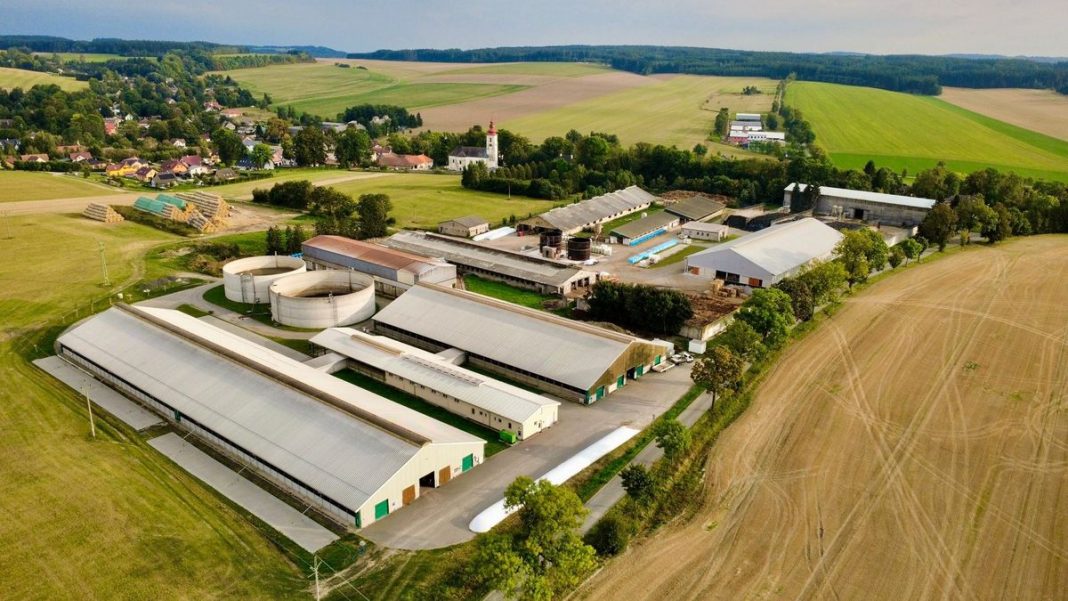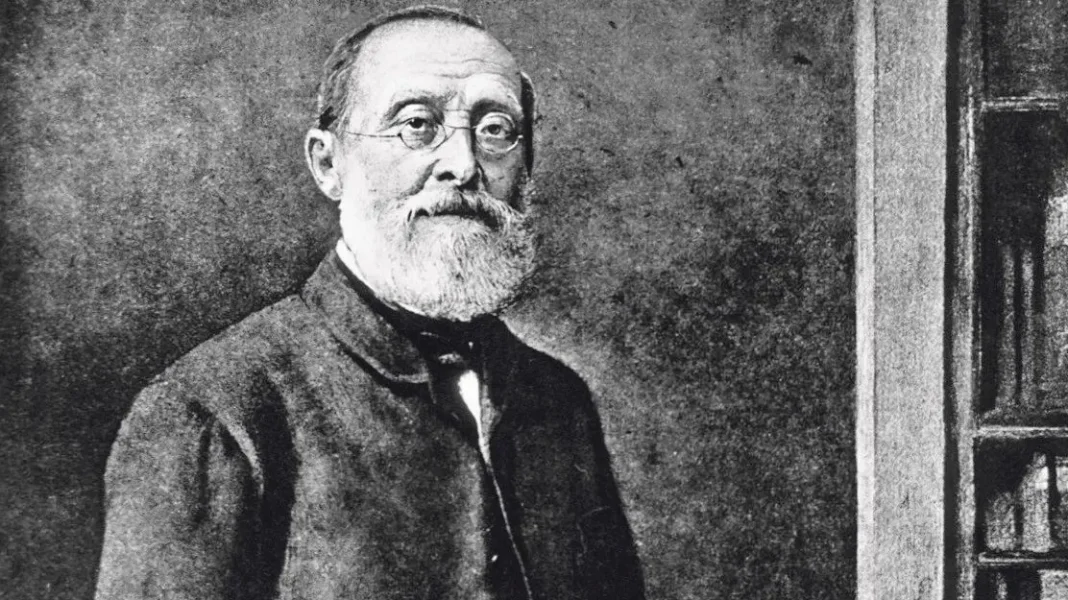The journey of Tesar from working in power plants to becoming a top agriculturist managing thousands of hectares is as inspiring as it is unconventional. His transition highlights the changing landscape of professional careers and the growing significance of sustainable agriculture.
Tesar’s Transition from Energy to Agriculture

Tesar began his professional life entrenched in the field of energy, working in power plants. His early career involved managing essential operations and ensuring optimal energy output, a role that required deep technical knowledge and analytical skills. Despite the demanding nature of the industry, Tesar was driven by a desire for change and a longstanding interest in environmental sustainability.
The shift from energy to agriculture was not abrupt; it was a calculated move that allowed Tesar to apply his skills in a different sector. His background in power plant management provided him with a unique perspective and strategic approach to farming, enabling him to understand complex systems and implement efficient processes in agricultural management.
This transition reflects a broader trend where professionals are moving across industries, seeking roles that align more closely with personal values and aspirations.
The Challenge of Managing Thousands of Hectares

Managing thousands of hectares of farmland presents a unique set of challenges that Tesar has expertly navigated. He oversees vast landscapes, ensuring that each hectare is utilized optimally to produce healthy yields while maintaining soil health and biodiversity. His expertise is evident in the meticulous planning and innovative farming techniques that have been implemented across his farms.
Adopting modern agricultural technologies has been key to Tesar’s success. Using data analytics and smart farming equipment, he has improved crop management, leading to increased sustainability and productivity. These technologies enable real-time monitoring, allowing for proactive decision-making that enhances efficiency and yield quality.
Furthermore, his approach serves as a model for other agriculturists looking to expand their operations sustainably.
Championing Sustainable Practices

Tesar is committed to sustainable agriculture, which is crucial given the global emphasis on eco-friendly practices. He has integrated several environmentally conscious techniques into his farming operations, from crop rotation and reduced pesticide use to promoting local biodiversity.
His farms emphasize organic practices, reducing the reliance on chemical inputs, and fostering natural ecosystems. By strengthening the ecological balance, Tesar’s methods help mitigate climate change effects, enhance soil health, and support local wildlife.
This commitment to sustainability not only benefits the environment but also enhances the long-term viability of his agricultural endeavors.
Impact on the Local Community

Tesar’s success in agriculture has had a profound impact on the local community. By creating jobs and involving local workers in his sustainable initiatives, he has helped bolster the economy and provided a model for rural development.
The community has benefitted from increased employment opportunities and educational programs aimed at promoting agricultural best practices. Tesar’s farms often serve as educational hubs, where local farmers and students can learn about cutting-edge farming techniques and sustainability.
This focus on community involvement and education ensures that the benefits of Tesar’s work extend beyond his fields, fostering a culture of learning and innovation.
In conclusion, Tesar’s remarkable shift from power plants to agriculture exemplifies the potential for crossover skills and the importance of sustainable practices in modern professions. His work is not just about cultivation but building a sustainable legacy for future generations.





